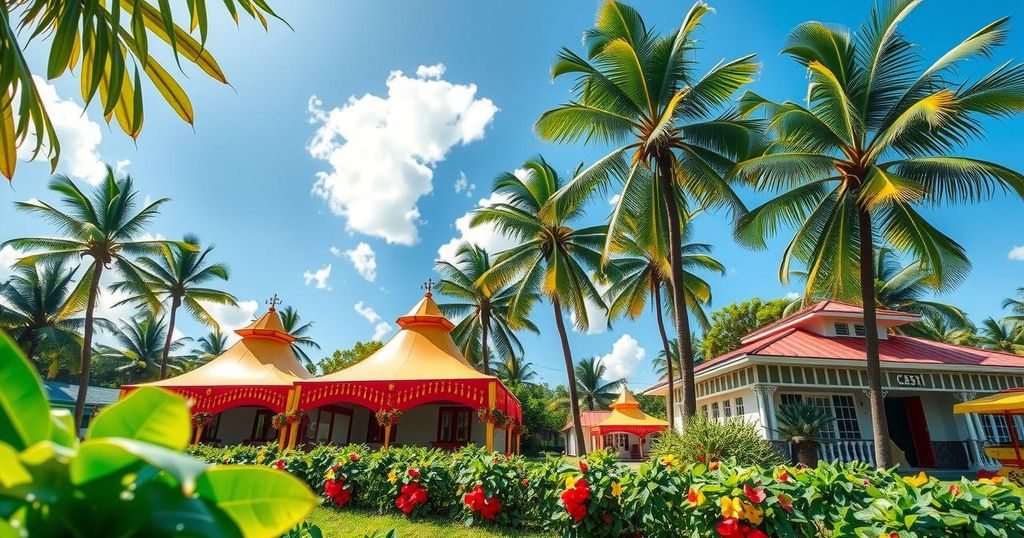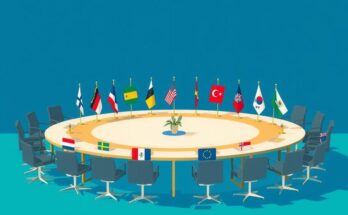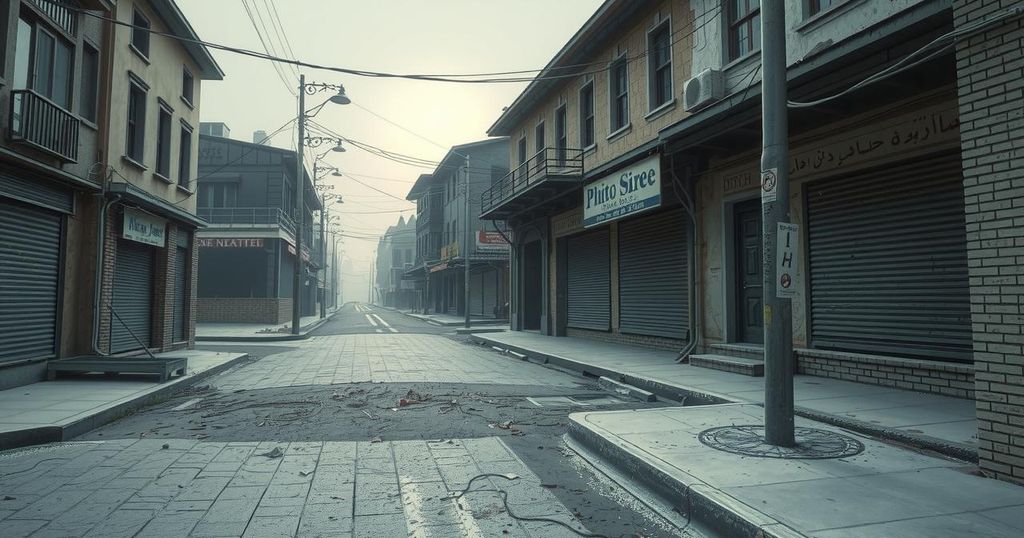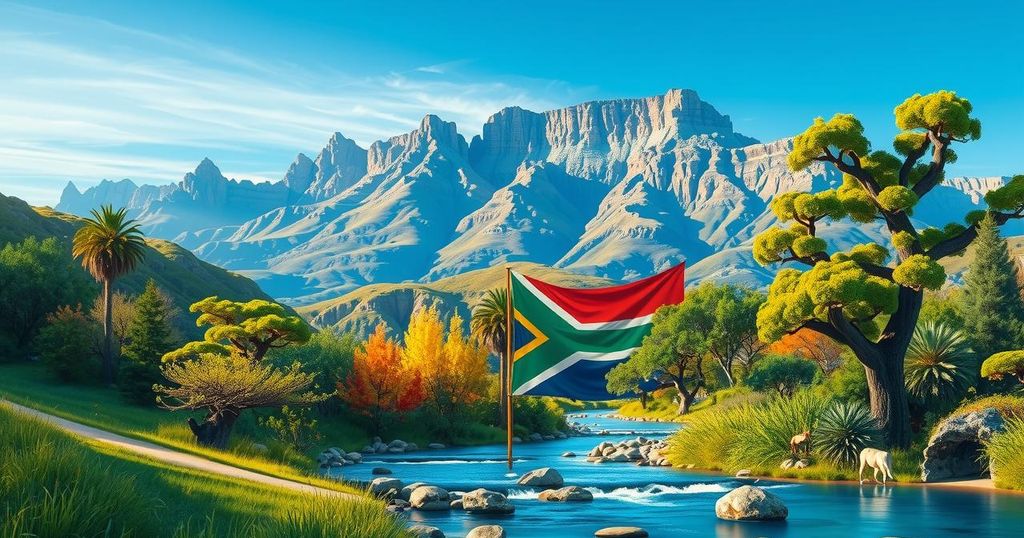Trinidad and Tobago held parliamentary elections on Monday amid economic struggles and rising gang violence. Stuart Young, the incumbent prime minister, faces challenges from former prime minister Kamla Persad-Bissessar, who has pledged to increase public wages. With a troubling security situation marked by a high murder rate, the election’s outcome will significantly affect governance and public policy.
Residents of Trinidad and Tobago cast their votes in parliamentary elections on Monday, a critical event shaped by the nation’s economic challenges and rising gang violence. This election is particularly pivotal, determining not just parliamentary representatives but also the next prime minister amid a backdrop of instability.
Stuart Young, who previously served as the energy minister, stepped into the role of prime minister in March following his predecessor Keith Rowley’s resignation after a decade in office. However, Young’s tenure is seemingly in jeopardy as his center-left People’s National Movement (PNM) trails in the polls against former prime minister Kamla Persad-Bissessar’s centrist United National Congress (UNC).
Persad-Bissessar has focused her campaign on promises to increase public wages. She highlighted the struggle of everyday citizens during her voting remarks, noting, “Election day is for the mother walking the aisles of the grocery store with her children… keeping tabs on what she can buy and watching food prices go up.” In response, Young accused her of making unrealistic promises, asserting that her proposed wage hikes could cost an unmanageable $2 billion.
He articulated his vision for the country, stating, “I stand for a Trinidad and Tobago… where our state sector works for you and with you.” This election involves the selection of 41 members of the House of Representatives, and any party gaining a majority will establish a government led by its leader as prime minister.
In the backdrop of the elections, Trinidad and Tobago grapples with severe security concerns, which put a damper on what is often a vibrant Caribbean culture known for its carnivals and beautiful beaches. The nation recorded 623 murders the previous year, a rise from 577, many tied to criminal gangs that have connections to Latin American operations, including Venezuela’s Tren de Aragua.
The United States has labeled this group as a terrorist organization, further complicating security measures in Trinidad. According to a report from the US Department of State, the murder rate reached a staggering 37 per 100,000 people last year, placing Trinidad and Tobago among the top six most dangerous countries globally.
The report also underscored vulnerabilities along the southern border, which exacerbates issues related to illegal migration and trafficking. In an effort to restore some degree of order, the government previously implemented a state of emergency that lasted from December until mid-April. Economically, the nation is facing downturns, particularly due to a decline in natural gas production and loss of licenses related to oil fields in Venezuelan waters, further challenging the government’s ability to tackle these urgent issues.
The parliamentary elections in Trinidad and Tobago represent a critical moment for the nation. Against a backdrop of violence and economic strain, the choice of leadership is poised to impact citizens’ daily lives significantly. The outcome will not only shape governmental policies but will also reflect the public’s response to ongoing security challenges and economic uncertainty. With high stakes and contrasting visions from the candidates, the results of this election will be pivotal for the future of Trinidad and Tobago.
Original Source: www.france24.com




